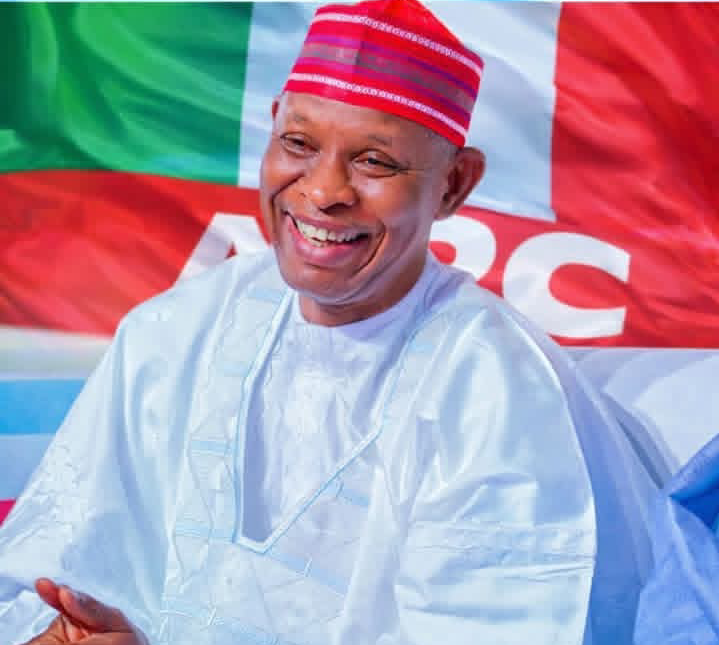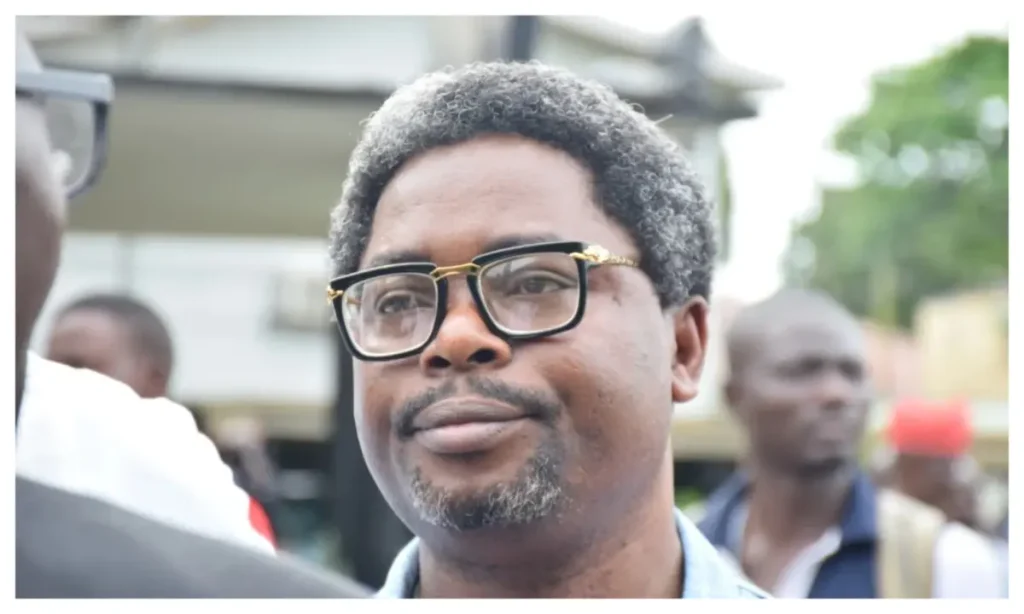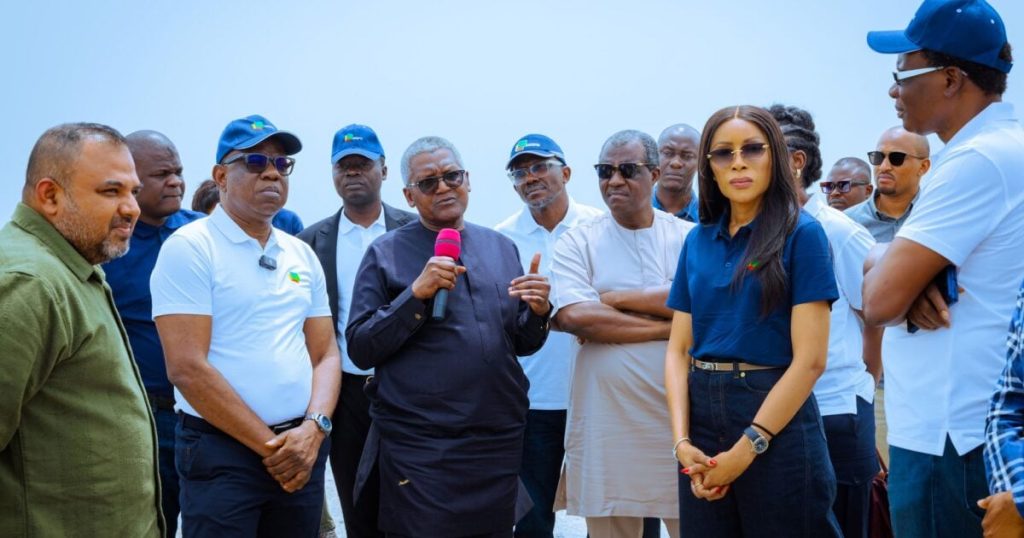South African President Cyril Ramaphosa has reaffirmed that the upcoming G20 summit will proceed as planned, despite the United States and Argentina announcing their intention to boycott the event. The summit, scheduled for November 22-23, will be the first time the Group of Twenty meets on African soil, with South Africa as the chair.
Ramaphosa’s statement came after US President Donald Trump confirmed he would not attend, citing disagreements with the summit’s agenda. Argentina’s President Javier Milei has also opted out, with his foreign minister, Pablo Quirno, set to represent the country instead. Ramaphosa downplayed the significance of the boycotts, suggesting that the US is relinquishing its role as a global leader by choosing not to participate.
The G20 summit is expected to focus on issues pertinent to the Global South, including climate resilience and rising debt. However, the US has expressed reservations about the summit’s theme, “Solidarity, Equality, Sustainability,” characterizing it as anti-American. Ramaphosa emphasized that boycotts are counterproductive and hinted that crucial decisions regarding debt costs will be made during the summit.
The tension between the US and South Africa is not limited to the G20 summit. Trump has previously made claims about violence against white farmers in South Africa, and his administration has offered refugee status to Afrikaners. The US has also criticized South Africa’s support for a genocide case against Israel and its black empowerment laws.
The boycotts have significant implications for the summit’s outcomes, particularly with regards to debt and climate discussions. Ramaphosa’s insistence that the summit will proceed as planned underscores the importance of addressing these issues, which are critical to the Global South. As the summit approaches, it remains to be seen how the absence of the US and Argentina will impact the negotiations and the eventual outcomes. The G20 summit is expected to bring together leaders from the world’s major economies to discuss pressing global issues, and South Africa’s chairmanship is seen as an opportunity to amplify the voices of African nations.



